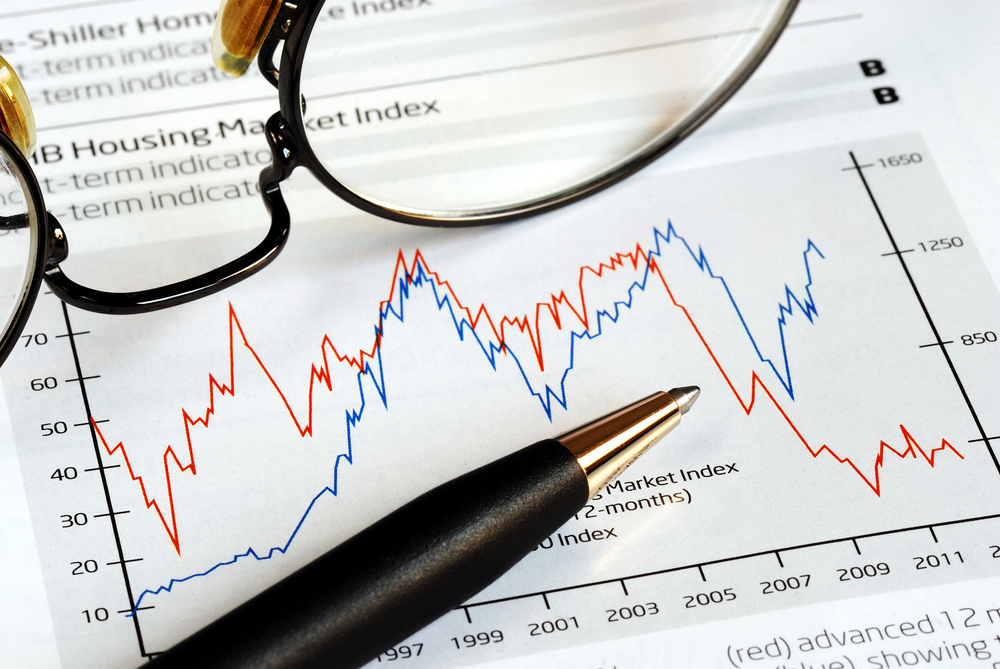Business and Economy
Economic woes take a toll on APEC zone CEOs
MANILA – According to the results of the latest PricewaterhouseCooper’s (PwC) APEC CEO Survey, concerns on the global economy, cyber security, disaster risks and political tensions took a toll on Asia-Pacific region CEOs’ optimism this year – the lowest since 2012.
The APEC CEO Survey, which has business leaders from 52 nations as respondents, disclosed that ‘volatility in the financial markets took a toll on CEO confidence’ this year.
Among the 800 respondents, only 28 percent claimed that they remained ‘very confident’ they would have revenue growth in the coming year. Last year, 46 percent or almost half of those polled saw confidence in the coming months.
Moreover, only 15 percent of APEC-bloc mid-sized firms CEOs were very confident of business growth come 2016 as they felt like they ‘have expanded beyond their traditional markets but are not large enough to easily weather some shocks to the system.
’
On the bright side, 51 percent or more than half of Philippine business leaders remained very confident on economic growth prospects in the country during the next year. This optimism level was higher compared to the United States’ 34 percent and China’s 20 percent.
Despite some concerns, 53 percent or still a majority of CEOs planned to increase investments over the next 12 months, with 68 percent or most of that investment planned for the APEC region and the remaining 32 percent spread around the world.
For the next five years, 61 percent of CEOs projected that APEC member-economies will venture more into high-value manufacturing; while 63 percent foresaw modernized operations and accelerated technology investments on 3D printing, connected sensors, robotics and the likes.
Innovation leaders have also been foreseen to arise from the APEC region, with Asia as the ‘number one location worldwide for corporate research and development, surpassing both North America and Europe.’
In terms of deepening economic integration in the region, on the other hand, one in four CEOs looked forward to a free trade arena in the Asia-Pacific region by 2020. They believed, however, that it required more than just one agreement to bridge the gaps on free trade.






















